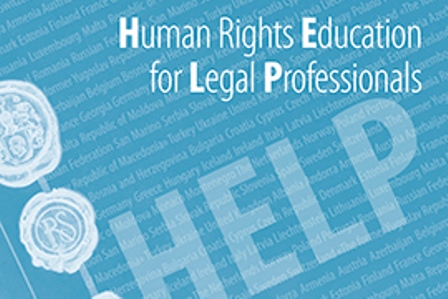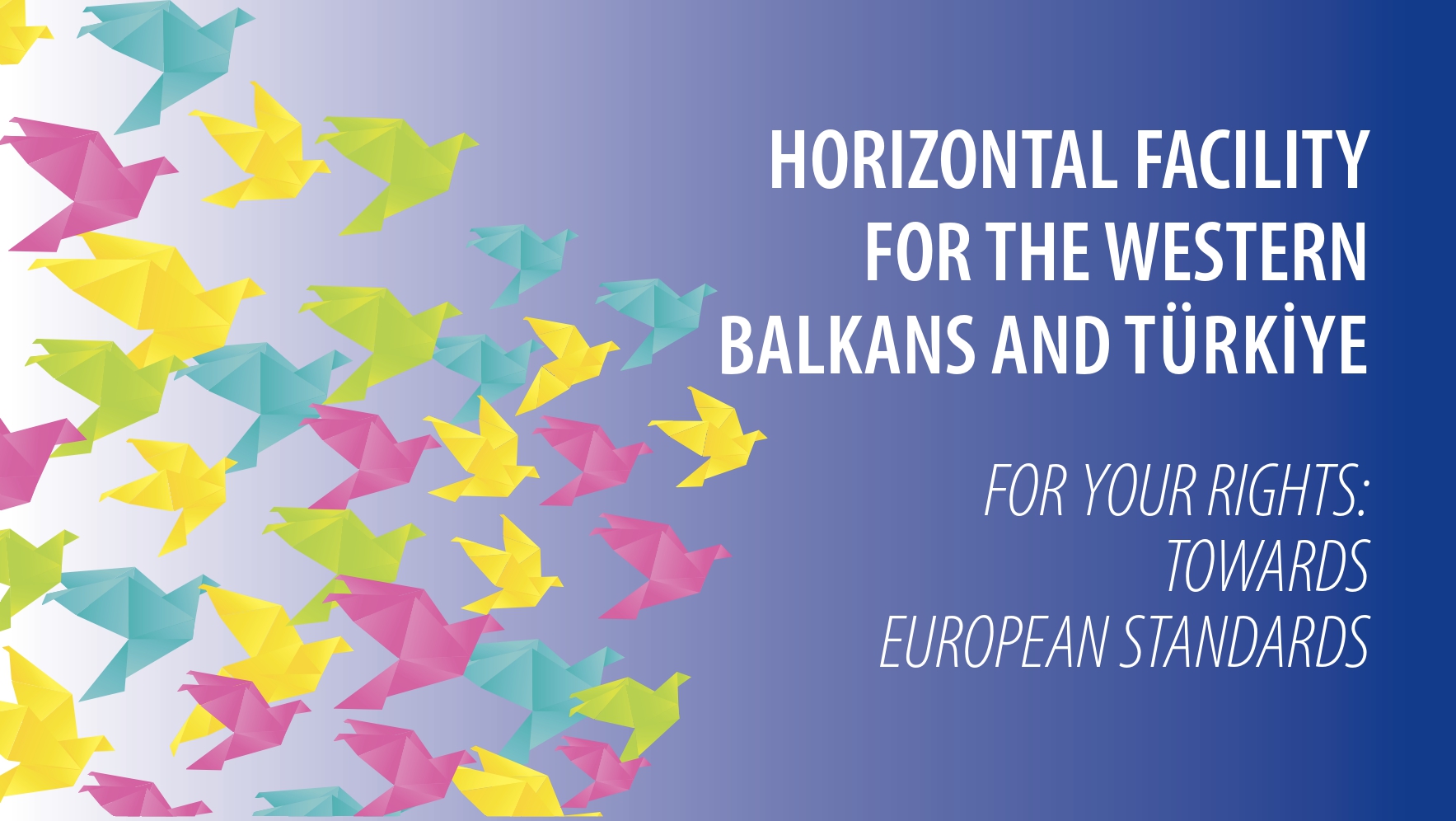Council of Europe Secretary General Marija Pejčinović Burić made the following statement:
“As we celebrate International Roma Day on 8 April, the Council of Europe is resolute in the fight against antigypsyism and discrimination towards Roma and Travellers.
“From schools to the workplace, many Roma and Travellers from different backgrounds face intersectional discrimination, encountering a variety of social barriers and prejudices that impede their enjoyment of rights and effective participation in public and political life. When public policies do not take account of such factors, these groups become even more at risk.
“Our Organisation addresses these challenges through its monitoring bodies and assistance to member states and the Council of Europe is determined to build on its longstanding efforts with new standards to break down barriers and promote diversity.
“Educational establishments can be a source of antigypsyism, for example when Roma and Travellers face segregation in schools. In order to combat this and to help with their integration, a Council of Europe programme was launched in schools across the continent last week. The Committee of Ministers has just adopted a recommendation to our member states on Roma youth participation and two other policy standards are forthcoming: one on national minority youth; and another on Roma and Traveller women and girls. Gender equality issues are also being mainstreamed within the Strategic Action Plan for Roma and Traveller Inclusion (2020-2025).
“Cross-cutting issues should be addressed in a transversal manner. Roma history, culture and identity are woven into the fabric of European society. Roma not only contribute to Europe, they are integral to the very meaning of our modern continent and should be celebrated. We must embrace diversity so that every life is celebrated with dignity. This is what human rights are for.”






